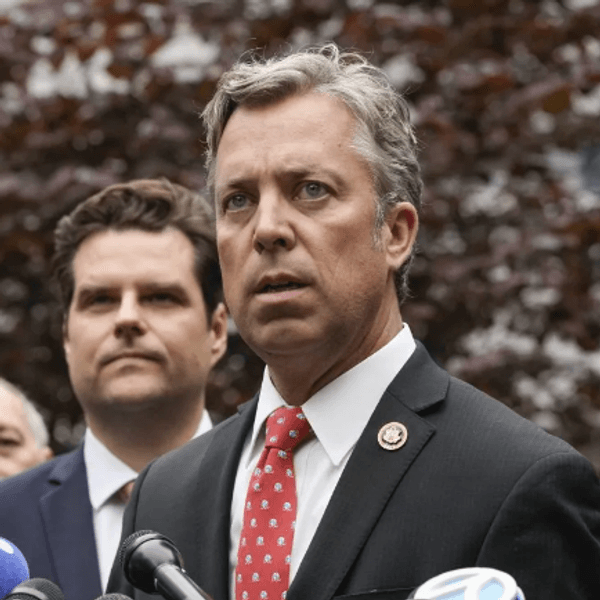
Perhaps humans are destined by dint of our primal instincts to forever fear the other, to revolt continually against living peacefully in close proximity to those whose skin is a different hue, whose language lends a different sound, whose gods go by different names. Maybe there is no antidote for the evolutionary proclivity to distrust those who don’t look or sound like us.
But it is certainly true that those instincts would be less volatile if they were not continuously stoked and primed by pandering and opportunistic politicians. From the United States to Great Britain to Austria, politicians have found advantage in fueling a dangerous xenophobia that blames immigrants for every lost job, every bad debt, every savage crime.
It was into that climate that the U.S. Supreme Court disgorged its decision overturning President Barack Obama’s temporary reprieve for several million undocumented immigrants. (The vote was a deadlocked 4-4, but its effect was to allow a lower court ruling against the president to stand.) The subject of immigration has been a dominant theme in this
unruly election season. The high court’s action will only serve to make it more incendiary.
In Great Britain, reckless politicians have already ridden anti-immigration fervor to a regrettable vote to leave the European Union, promising, among other things, that the flow of foreign workers would be slowed to a trickle. Here at home, Donald Trump has established himself atop the Republican Party with a campaign of nationalism and unabashed xenophobia. He has branded Mexicans as criminals; he has promised to wall off the southern border of the United States; and he has pledged to bar many, if not all, Muslims from entry.
That’s too bad. The simple truth is that native populations need the industry, the vitality and the ambition of immigrants. The United States, particularly, has a history of accommodating immigrants and assimilating them into the cultural and economic mainstream. Trump’s white working-class supporters hail from immigrant ancestors.
Much of the population of 11 million or so who live among us without papers is trying hard to assimilate: They work, they pay taxes, they even buy homes. They join churches and community organizations. They send their children to school.
Those who came to this country as children usually speak English fluently and consider themselves Americans. Obama’s 2012 executive order targeting the so-called Dreamers, who came to this country without papers before they turned 16, was not voided by the court. It allows about 750,000 young adults without papers to obtain driver’s licenses, to work and to attend college.
Research shows that the benefits immigrants bestow on this country, even those who are here illegally, are greater than the cost of absorbing them. Unskilled laborers may contribute to a depression in wages for native workers, but the effect is slight. They are not the leading cause of wage stagnation or job loss.
Still, the economic uncertainty of our time has made many American-born workers much more suspicious of competition from foreign-born laborers. Those who have suffered job losses, stagnating wages and disappearing savings accounts are looking for scapegoats, and immigrants are easy to blame.
They are also angry about something else: the loss of power and privilege inherent in changing demographics. By the year 2040, as the nation grows browner, white Americans will no longer constitute a numerical majority. Those simple statistics have fueled a furious backlash.
Indeed, the struggle over cultural identity has been the thematic music, the background noise, of Obama’s tenure. He assumed the Oval Office not just as the first black president but also as a harbinger of a much more diverse nation. It’s an accident of fate that Obama’s father came to this country from Kenya on a student visa, hinting of the wave of globalization to come. It’s no wonder that immigration has been among the most volatile issues of his presidency.
It didn’t have to come to this. As recently as the presidency of George W. Bush, Republican elites supported a strategy for giving legal status to undocumented immigrants. But a vicious opposition from the grassroots scared them into a reversal. They didn’t try to lead. They dropped their principles and ran to get ahead of their constituents.
They’re still running. They lack a trait less common than the primal instincts of fear and resentment: courage.
Cynthia Tucker won the Pulitzer Prize for commentary in 2007. She can be reached at cynthia@cynthiatucker.com.
U.S. President Barack Obama delivers a statement after the Supreme Court left in place a lower court ruling blocking his plan to spare millions of illegal immigrants from deportation and give them work permits at the White House in Washington, U.S., June 23, 2016. REUTERS/Carlos Barria








